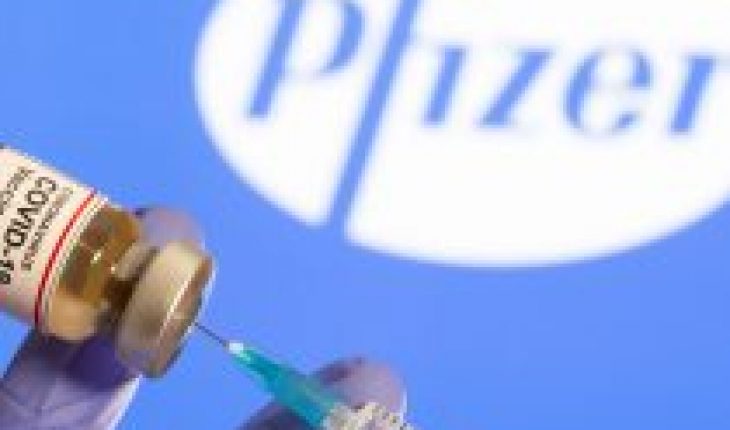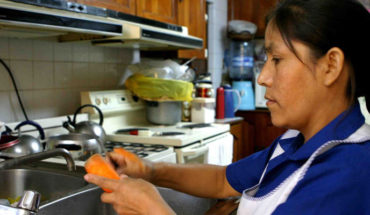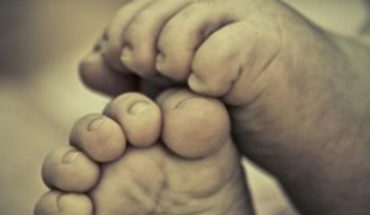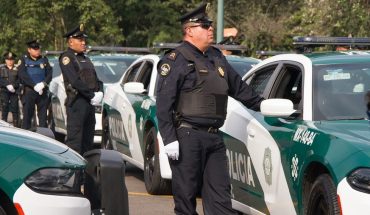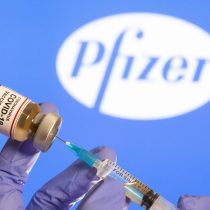
“The variation in nationally confirmed cases in the last 7 days is -1%, however, in the last fourteen days we see a nationwide increase of 2%. This is the situation in Chile and confirmed this morning by Minister Paris during the reporting of the situation in the country of the pandemic.
The pandemic does not stop and pending the cure Dr Paris stated that we will continue with the Step-by-Step Plan because it allows them to move forward when the communes or regions go well and retreat when the communes or regions recede. The Health Holder emphasized that the best vaccine so far “is mask, hand washing and physical estating.”
It is not known whether the wait for inoculation will be long or short but at least it will reach the country. Certainties there are. The Secretary of State assured, in the same televised report, that the vaccine will “arrive in Chile” and be transported with “the highest safety criteria”. Paris addressed the issue of the orange alert issued by the International Criminal Police Organization (Interpol), on any criminal activity that revolves around covid-19 vaccines.
“I would like to thank the Investigation Police, the POI, its Director General, for quoting us or asking for this meeting that has been important. Yesterday we met quoted by the Minister of the Interior, Minister (Rodrigo) Delgado, and also participated the Under-Secretary for Crime Prevention (Katherine Martorell), together with this minister and the entire directive of the Investigations Police,” he said.
He added: “Obviously, this orange alert sent by Interpol to all the countries that belong to that entity is of great concern to us (…) The director of research (Hector Espinosa) has considered this to be a very important alert and I share it. Therefore, we have formed a working group, where all these institutions will be represented to plan very neatly both the transfer and the reception and distribution of vaccines.”
“I think we should be concerned, as this alert is important to give public safety that the vaccine is going to reach Chile or be transported to Chile with the highest safety criteria,” added the head of Minsal.
Paris recalled by the way who would be the first groups to be vaccinated. “The target group is first health personnel, closed centres where ELIMs are and what we have already said: carriers, armed forces, waste collectors, firefighters, teachers – including kindergartens – and some public officials who do essential work,” he explained.
“In second place are people over the age of 60 and chronically ill between the age of 18 and 59. And thirdly, the healthy population, between the age of 18 and 59,” he said.
Mexico will begin to see the light at the end of the tunnel in its fight against the pandemic when the first doses of the US Pfizer against COVID-19 arrive in the country this month. This is according to a civil service force in charge of coordinating the Mexican vaccine campaign to tackle the virus.
The Mexican government expects the first 250,000 doses of the Pfizer vaccine, which was approved in the United Kingdom this week and the same is expected to happen in the United States in the coming days, as the local authority, Cofepris, studies the dossier.
“The beginning of the end of the pandemic begins. With the advent of vaccines there is already a light at the end of the tunnel (…) we are getting closer to being able to see it,” said Martha Delgado, undersecretary of Multilateral Affairs at the chancellery in an interview with Reuters on Thursday afternoon.
The transport and distribution of the vaccine poses challenges because of the extremely cold temperatures it requires. However, Delgado assured that the pharmacist will deliver the doses at the vaccination points determined by the health authorities.
This will eliminate a potential logistical headache for Mexico, which does not have the cold facilities needed to distribute the injections.
“The ultrafreeze cold chain required by this vaccine would be guarded by the company itself to the point of delivery,” she said.
“It’s not impossible, very complicated handling. It’s a management that all you need is a very granular planning of where you’re going to get vaccinated from,” Delgado added, who noted that the vaccine is preserved for 20 days in a refrNormal magnet and dry ice and, without dry ice, withstands five days in refrigeration.
In addition, Pfizer can deliver the vaccines in a staggered manner every five days, Delgado detailed and explained that once administered the first dose “activates” the delivery of the booster dose at three weeks.
These first doses of Pfizer are part of a pre-buy injection agreement for up to 17.2 million people that Mexico has signed with the pharmaceutical company, as well as another with the British AstraZeneca for 38.7 million people and with the Chinese CanSino Biologics for 35 million people.
These numbers of vaccines, along with those it expects to receive for 20% of its population through the Global COVAX Vaccine Initiative, supported by the World Health Organization (WHO), will give Mexico the opportunity to immunize the vast majority of its 126 million inhabitants.
The AstraZeneca vaccine, seen as one of the best hopes for many developing countries due to its low price and its ability to be transported to normal cooling temperatures, faces questions about the strength of its results, which could delay its approval.
Several scientists have raised doubts about the results showing that the vaccine was 90% effective in a subgroup of study participants who, by initial error, received half a dose followed by a full dose.
Delgado admitted that the arrival of the AstraZeneca vaccine in Mexico, expected by March 2021, could be delayed “a little”, but this will have no greater effect on the country’s vaccination plans.
“You have to wait a little while to analyze the result of the confirmatory study.” Maybe it’ll be a short adjustment in time,” he added.
As for CanSino, the civil service company said that 2,000 volunteers have already participated in Mexico in the Phase III study of its COVID-19 vaccine, but that there are 15,000 volunteers out of the 40,000 required by the study globally.
“More than a third of CanSino’s overall clinical trial in the world is here in Mexico,” Delgado said. “This is very relevant, ” he argued.
And although the doses of CanSino should wait a little longer to be used in Mexico, the number of research centers involved in the clinical trial, which rose from nine to 19, “expands the speed” of the clinical trial, the civil service company said.
The pandemic has claimed the lives of more than 108,000 people in Mexico, as authorities call on employers to return to remote work and families not to meet for the decembrinas festivities in the face of an uptick in hospitalizations and the arrival of winter.
And although there is “a light at the end of the tunnel,” the vaccination process in a country like Mexico will still take “months” to have an adequate percentage of the population immunized, Delgado said.

